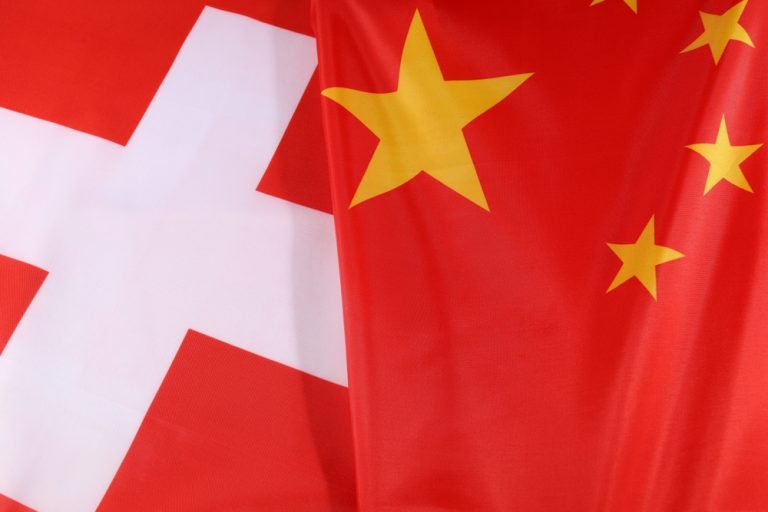The U.S. and China are set to meet in Switzerland for high-stakes trade talks requested by the Trump administration, according to Chinese officials on Wednesday. The discussions are aimed at addressing the ongoing trade war initiated by President Donald Trump and could help resolve escalating tensions between the two global powers.
China’s Position Ahead of Talks
China has made it clear that it is entering the negotiations with a firm stance against U.S. tariff hikes. According to Foreign Ministry spokesperson Lin Jian, China is willing to engage in discussions “based on equality, respect, and mutual benefit,” but will not accept pressure or coercion in any form. Lin also stated on social media platform X that China will “resolutely safeguard its legitimate interests” and uphold “international fairness and justice.”
Trump Responds to China’s Characterization
President Trump responded to China’s comments, challenging their narrative. Speaking at the White House, Trump disputed China’s claim that the U.S. initiated the talks, suggesting China should “go back and study their files.” Trump also refrained from confirming his confidence in a potential deal, adding that while China was once “losing a trillion dollars a year” in trade, the situation has changed in the U.S.’s favor.
U.S. Strategy and China’s Economic Dependence
The Trump administration has maintained that the U.S. holds the advantage in the trade war, arguing that China’s economy relies heavily on American consumers for exports. With a 145% tariff rate currently imposed on Chinese goods bound for the U.S., the administration believes it has a strong leverage point. Despite this, China denies actively reaching out to the U.S. for talks, with officials stating that they are assessing the overtures made by the Trump administration.
Key Figures in the Negotiations
U.S. Treasury Secretary Scott Bessent and U.S. Trade Representative Jamieson Greer are scheduled to meet their Chinese counterparts in Geneva this weekend. The Chinese government has confirmed that Vice Premier He Lifeng, who oversees China-U.S. economic and trade matters, will be part of the discussions. Interestingly, President Trump’s top advisor on China, Peter Navarro, a staunch advocate for tariffs, will not attend the talks.
Outlook and Potential Impact
The upcoming talks represent the first opportunity in recent months for both sides to attempt to de-escalate tensions surrounding the trade dispute. With global markets and supply chains deeply affected by the trade war, the outcome of these talks could have far-reaching implications for international trade policies.


